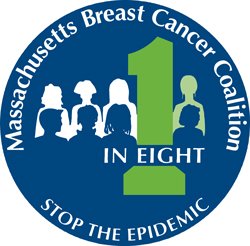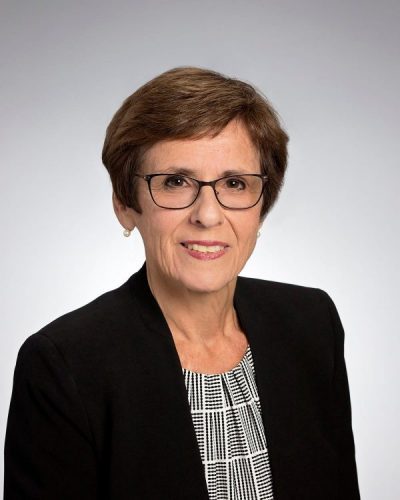Dear Friend,
When Massachusetts Breast Cancer Coalition (MBCC) started this work in 1991, we all had great hope that we would find the answers to our questions on how to prevent the environmental causes of breast cancer. While we have made great progress, here we are now, 30 years later, with more questions than answers.
We continue to push back against companies who use the pink ribbon to sell their products while giving little of their profits to prevent breast cancer and whose products may have carcinogens that contribute to the epidemic. Of course, the promotion of early detection, researching treatment options, and searching for a cure are all important and necessary endeavors to save lives. However, MBCC continues to believe that the most important goal is to prevent breast cancer before it starts; to save one in eight women and their loved ones from enduring the hardship of a breast cancer diagnosis, painful treatment regimens, and expensive healthcare costs. MBCC continues to believe that to change the legacy of breast cancer, awareness and prevention must go hand-in-hand. Education, advocacy, and research are needed to drive public policy change and positively affect the health and lives of future generations.
As we honor MBCC’s 30th anniversary, we are proud of the significant accomplishments we’ve had locally and nationally. The award-winning Let’s Talk Prevention: Reducing Toxic Exposures Program delivers vital health information to the public on ways to reduce exposure to toxic chemicals in the home, workplace, and environment. We have translated this information into seven languages and will continue to offer more options in an effort to equitably reach as many in our communities as possible.
MBCC supports students, teachers, and parents/caregivers with free, age-appropriate materials for high school, middle school, and elementary school students to use both in and outside of the classroom with the Let’s Talk Prevention: Actions You Can Take Program. This fall, we have launched the program’s 5th module focusing on the health effects of PFAS (per- and polyfluoroalkyl substances).
As a community partner on three national health studies, MBCC is contributing to the broader scientific understanding of the sources of PFAS exposure and potential health effects in both adults and children. Locally, we are proud of our policy work to bring attention to the health impacts of PFAS in our drinking water and the environment. Presently, MBCC is working to support two important pieces of legislation Bill S. 1494 and Bill H. 2348 geared towards removing these harmful chemicals from food packaging in Massachusetts. We are encouraging our supporters to join us in preparing written testimony to present to the Joint Committee on Public Health. Looking ahead to 2022, we invite you to stay tuned for an update on MBCC’s efforts to shape new regulatory approaches to PFAS in Massachusetts.
As MBCC turns 30, we want to thank policymakers and the public who have moved beyond the sole focus of awareness and who have taken action to remove harmful chemicals from our environment. We invite everyone to join us as a volunteer, engage your local and national legislators, and educate your community about the dangers of toxic chemicals. There is still so much to do to ensure that we create a healthier world for future generations.
I am both honored and humbled by the faith you have shown in MBCC and hope that you will continue to stand with us.
With caring gratitude,


